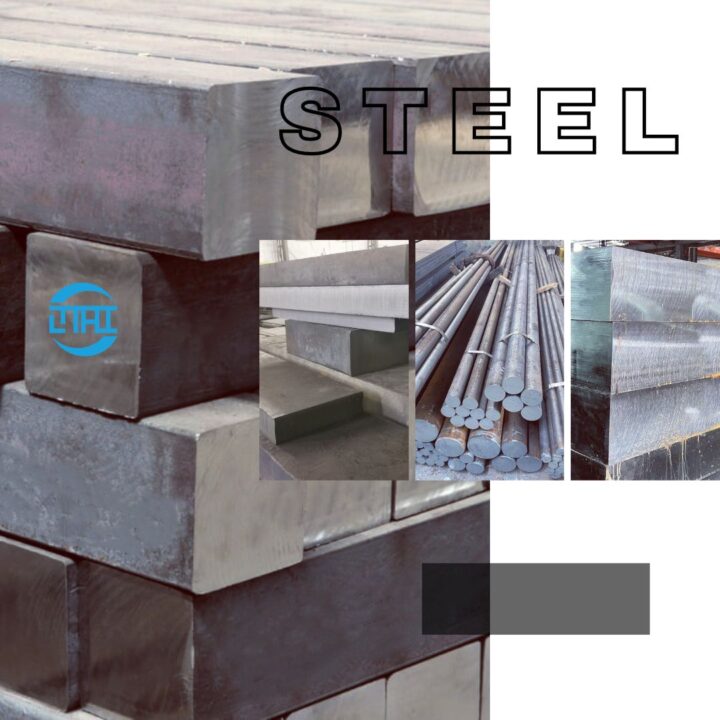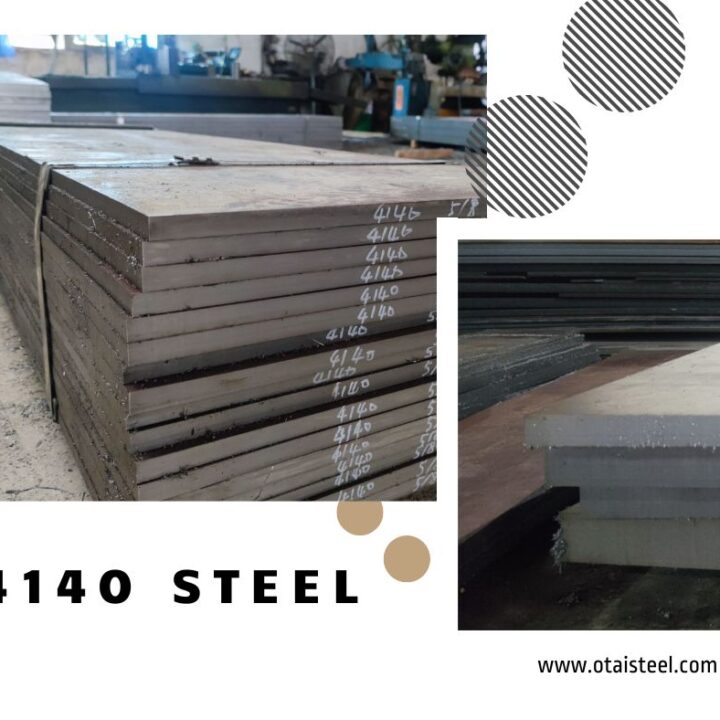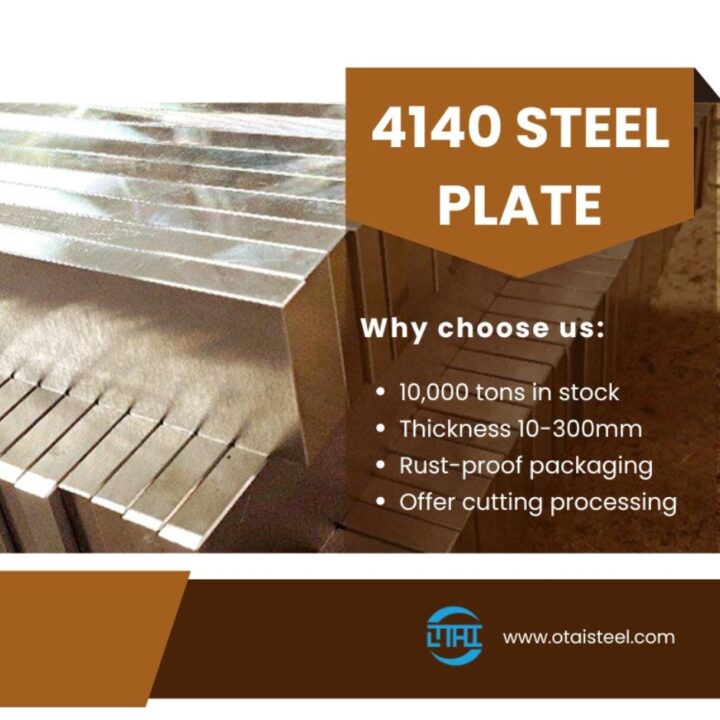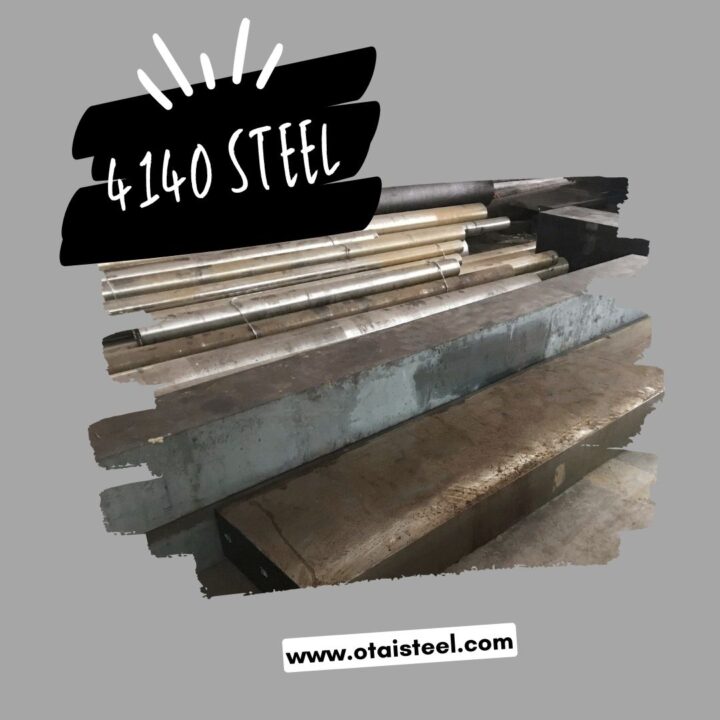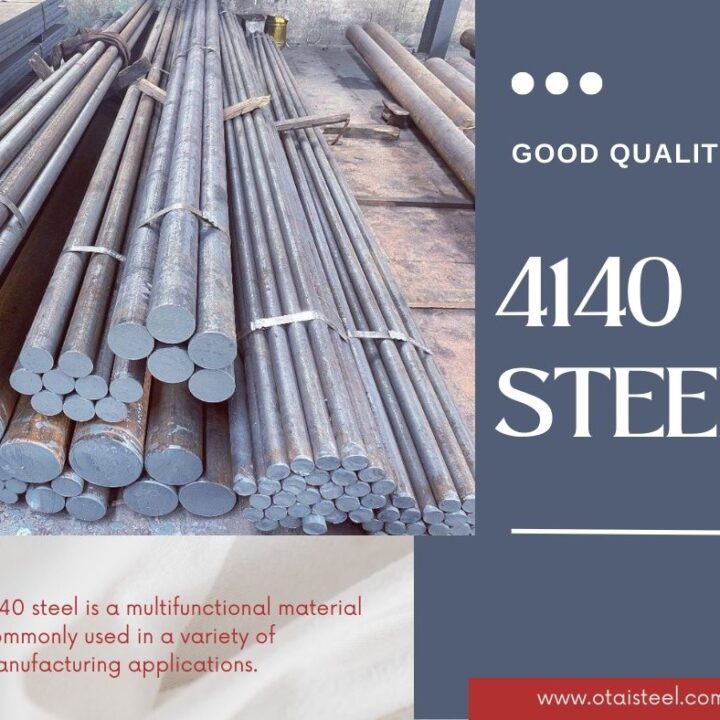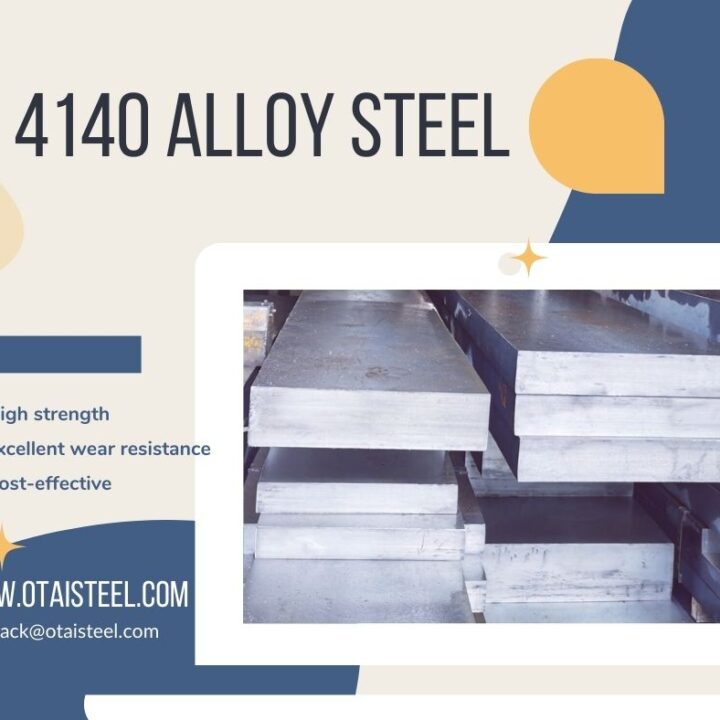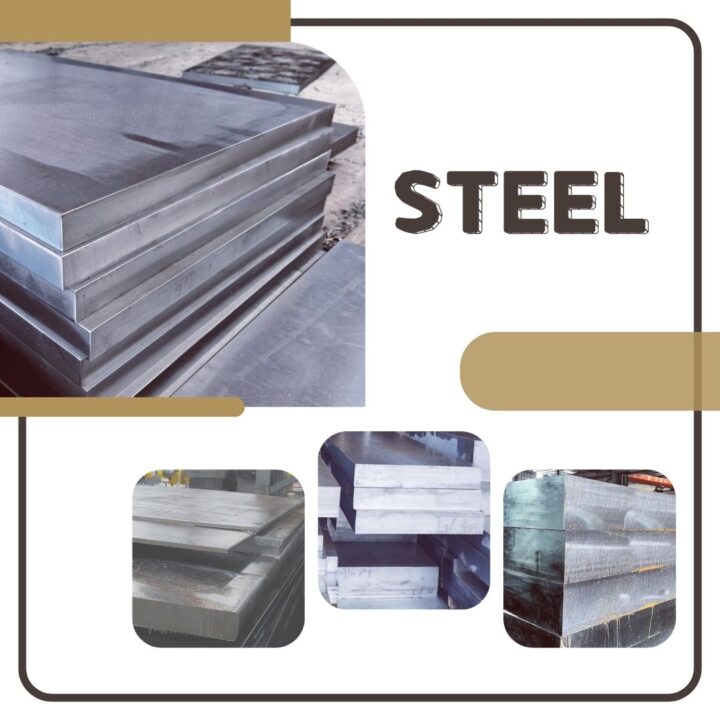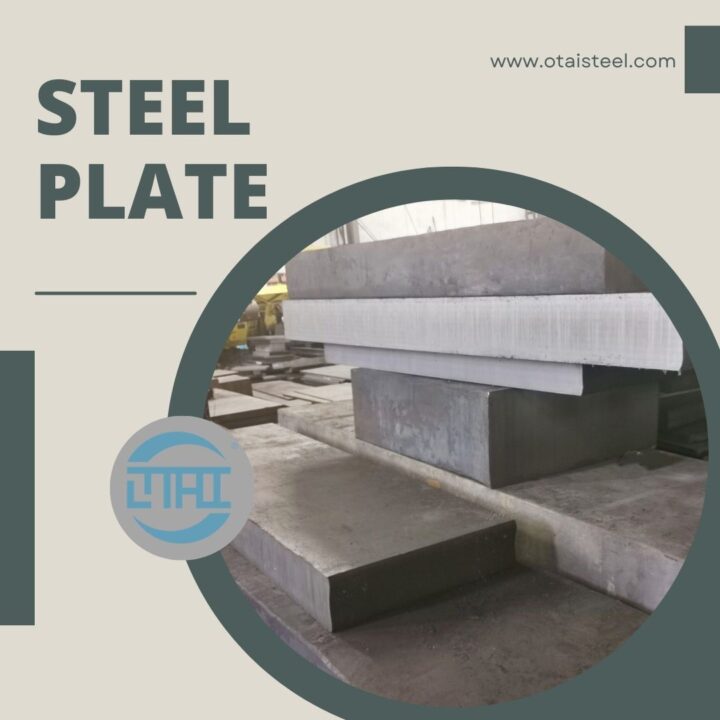Understanding 4140 Annealed Steel Properties
1. Composition of 4140 Annealed Steel
At its core, 4140 annealed steel is an alloy composed of chromium, molybdenum, and carbon. This alloying combination imparts unique properties to the steel, making it suitable for a wide range of applications.
2. Annealing Process
The annealing process involves heating the steel to a specific temperature and then slowly cooling it, which relieves internal stresses and ensures a more uniform microstructure. This process is crucial in achieving the desired properties of 4140 annealed steel.
Mechanical Properties
3. Hardness
One of the standout features of 4140 annealed steel is its exceptional hardness. It ranks high on the Rockwell hardness scale, making it a preferred choice for applications where hardness is a critical factor.
4. Tensile Strength
The tensile strength of 4140 annealed steel is impressive, making it suitable for applications where high strength and durability are required. It can withstand significant loads without deformation.
5. Yield Strength
Yield strength is another crucial mechanical property of this steel. It represents the maximum stress the material can endure without permanent deformation. 4140 annealed steel offers excellent yield strength.
6. Impact Resistance
In addition to its impressive hardness and strength, 4140 annealed steel also exhibits remarkable impact resistance. This property makes it ideal for applications subjected to sudden shocks or impacts.
Applications
7. Automotive Industry
4140 annealed steel finds extensive use in the automotive industry, particularly in the manufacturing of critical components such as axles, crankshafts, and gears due to its high strength and durability.
8. Aerospace Applications
In the aerospace sector, the steel is employed in various structural components, benefiting from its exceptional tensile strength and low weight.
9. Oil and Gas Sector
The oil and gas industry relies on 4140 annealed steel for drill collars, pipelines, and other components, thanks to its corrosion resistance and robustness.
10. Manufacturing and Tooling
Manufacturers and toolmakers favor 4140 annealed steel for its ease of machining and ability to maintain its properties even after rigorous use.
Heat Treatment
11. Tempering
Tempering is a post-annealing process that further refines the steel’s properties. It helps strike a balance between hardness and toughness, depending on the intended application.
12. Quenching
Quenching is another heat treatment method that involves rapid cooling, enhancing the hardness of the steel. This is particularly useful in achieving specific hardness levels.
Corrosion Resistance
13. Protective Coatings
While 4140 annealed steel exhibits good corrosion resistance, applying protective coatings can further enhance its ability to withstand harsh environments.
4140 annealed steel is a remarkable material with a wide range of applications across diverse industries. Its exceptional hardness, strength, and impact resistance make it a preferred choice for critical components. Understanding its composition and properties is essential for harnessing its full potential.
